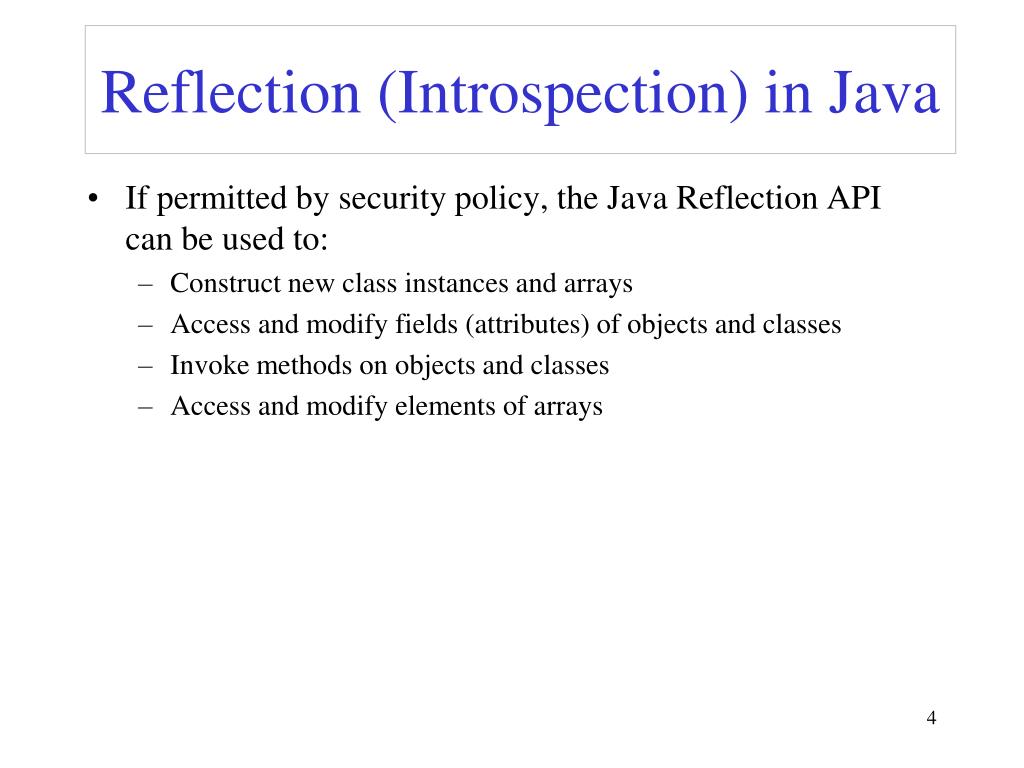

I hope you really get good information about Static method, variable and blocks. Why? Because: CrunchifyStaticDeclaration.testString = csd.testString SetTestString method: This is static block's StringĬheck if Class and Instance Static Variables are same: true ("Why? Because: CrunchifyStaticDeclaration.testString = csd.testString") (CrunchifyStaticDeclaration.testString = csd.testString) ("\nCheck if Class and Instance Static Variables are same: ") Remember to check the JavaDoc from Sun out too. This text will get into more detail about the Java Field object. class and instance static variables are same Using Java Reflection you can inspect the fields (member variables) of classes and get / set them at runtime. non-private static variables can be accessed with class nameĬrunchifyStaticDeclaration.testString = "\nAssigning testString a value" ĬrunchifyStaticDeclaration csd = new CrunchifyStaticDeclaration() String crunchifyObject = new String ĬrunchifyObject = new String Now let’s do test: package ĬtTestValue(5) Let’s take a look at below Examples: Example-1: package Better use keyword static if that method is not going to change throughout your project at runtime.You need to use static keyword in order to specify static method.Do you need an class object to access static method? If you don’t need an object then it’s Static method.
#Java reflection get public static field how to
How to identify? Just check this first. To be able to access non static variable from your static methods they need to be static member variables. Static methods also can’t be overridden as it’s part of a class rather than an object 🙂Ĭan we access non static variable in static context?. 
Why can’t we override static methods in Java? Private methods can’t be override as it’s not available to use outside of class. The static block, is a block of statement inside a Java class that will be executed when a class is first loaded into the JVM.
You absolutely don’t need an class object in order to access static variable. Firstly, we need to get a Method object that reflects the method we want to invoke. Let's create a simple class which we'll use for the examples that follow: 3. For all static variable – there will be only one single copy available for you to use. In this short article, we'll take a quick look at how to invoke methods at runtime using the Java Reflection API. One of the main reason you need it when you want to do lots of memory management. The static variables are shared among all the instances of the class. Without the static keyword, it’s called instance variable, and each instance of the class has its own copy of the variable.Įxample: static int crunchify_variable_name A class variable can be accessed directly with the class, without the need to create a instance. All instances share the same copy of the variable. When a variable is declared with the keyword static, it’s called a class variable. In Java Variables can be declared with the “ static” keyword. Static variable (“static” Keyword = Class Variables) The static keyword can be used in 3 scenarios: Java static methods vs instance methods performance. Have a question on Java static methods vs singleton?. What is Java static methods in interface?. Could you write down Java static methods best practices?. Once you make a member static, you can access it without any object. Static members belong to the class only. Static members doesn’t belong to any of a specific instance. Static keyword can be used with class, variable, method and block. If you know the name of the field you want to access, you can access it like this: Class aClass = MyObject.classįield field = aClass. The Field array will have one Field instance for each public field declared in the class. The Field class is obtained from the Class object. Joanne Neal Rancher Posts: 3742 16 posted 11 years ago Yes. Only the specified class will be considered. Remember to check the JavaDoc from Sun out too. Is it possible to get a value os a static final variable of a class with reflection I can get the value of a instace variable normally starting from the a instance, since static fields are class variable I wonder if it's possible. public static Field getDeclaredField ( Class <> cls, String fieldName) Gets an accessible Field by name respecting scope. This text will get into more detail about the Java Field object. public static final String TEST PropertyFileReader.getProperty ('TEST') This prevents the compiler from optimizing the code, allowing you to tinker with it using Reflection.

Using Java Reflection you can inspect the fields (member variables) of classes and get / set them at runtime. You can overcome this behavior by setting the value of the static final field using a method such as: 1.







 0 kommentar(er)
0 kommentar(er)
